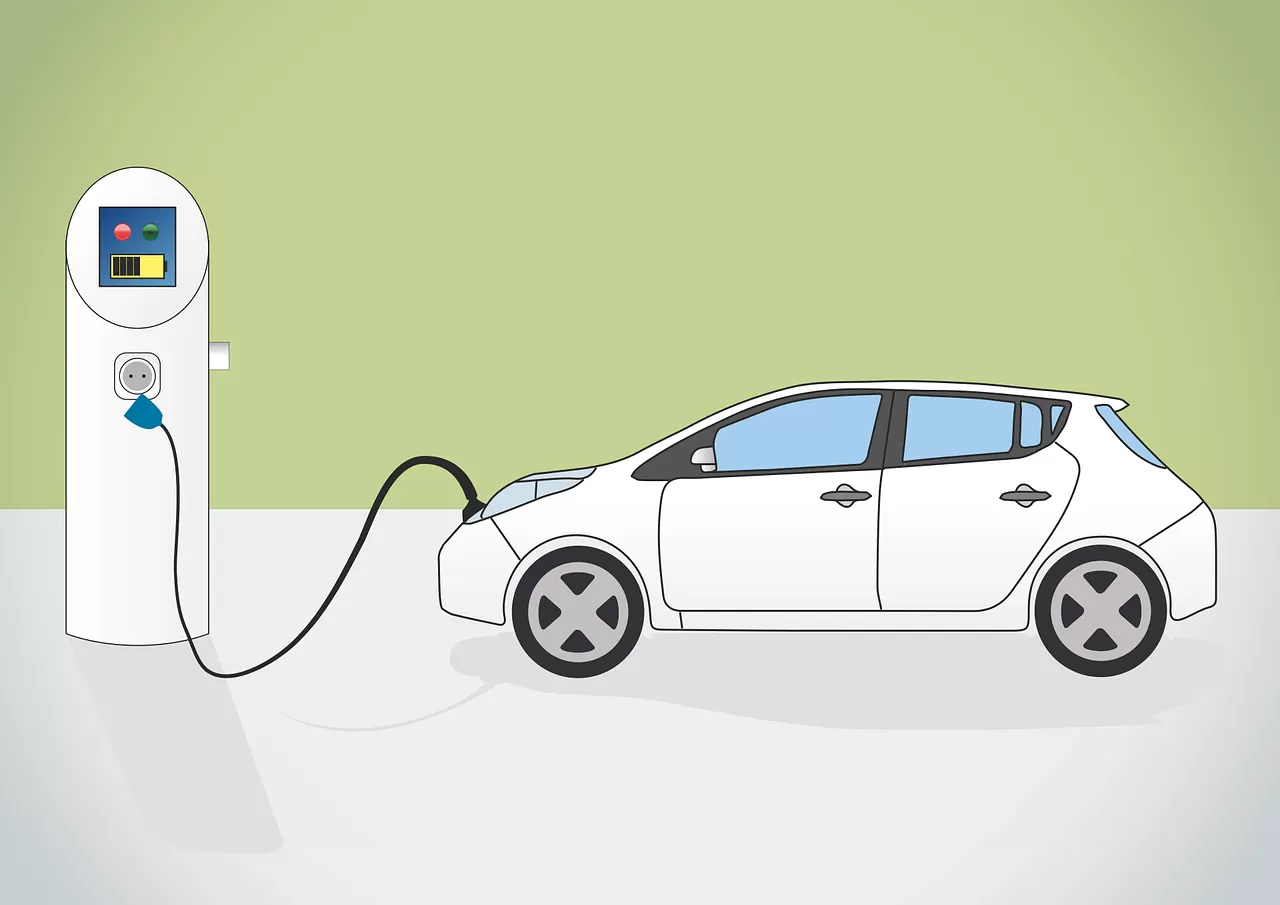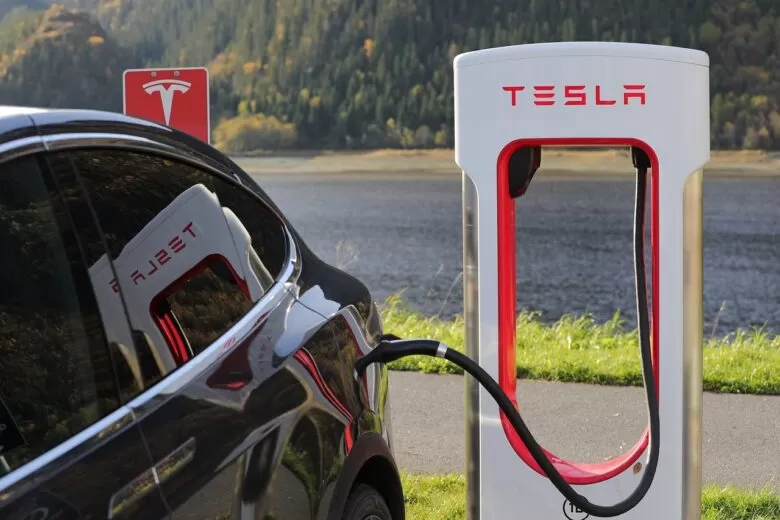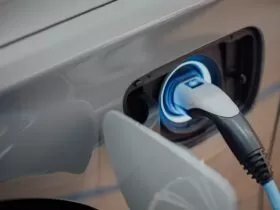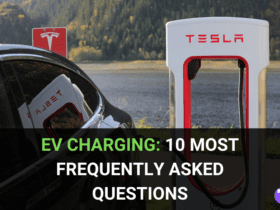Electric vehicles are becoming increasingly popular as technology improves and the cost of ownership decreases. Some experts believe that electric vehicles could eventually replace gasoline-powered cars and trucks as the preferred choice for transportation. The benefits of electric vehicles include lower emissions, increased efficiency, and cheaper operating costs. Electric vehicles also have the potential to reduce dependence on foreign oil, which would be a major benefit for the United States.
The future of transportation is electric vehicles. Electric vehicles are more efficient than gas cars, and they emit no pollutants. Electric vehicles are also cheaper to operate and maintain than gas cars. The only downside to electric vehicles is that they have a shorter range than gas cars. However, this downside is offset by the fact that electric vehicles can be plugged into the grid and recharged.
The rise of electric vehicles in 2023
“EV Electric Vehicles Market” size is projected to reach Multimillion USD by 2029, In comparison to 2023, at unexpected CAGR during 2023-2029, and generated magnificent revenue.
Electric vehicles are becoming increasingly popular, as they offer many advantages over traditional gasoline-powered cars. They emit no pollutants, they’re much cheaper to operate and maintain, and they have the potential to greatly reduce our dependence on fossil fuels.
Despite these advantages, electric cars still make up a very small percentage of the overall automotive market. This is due in part to the high cost of batteries, which is the biggest obstacle to widespread adoption of electric vehicles.
But battery prices are falling rapidly, thanks to technological advances and increased production scale. And as battery prices continue to drop, electric cars are likely to become more and more popular. In fact, some experts predict that electric vehicles could eventually displace gasoline-powered cars altogether.
Benefits of electric vehicles in 2023: less pollution, lower emissions, cheaper to operate
Electric vehicles are becoming increasingly popular as consumers seek out more sustainable and environmentally friendly modes of transportation. Electric vehicles have many benefits over traditional gasoline-powered cars, including being less polluting, emitting lower emissions, and being cheaper to operate.
Electric vehicles produce zero emissions, which means they don’t contribute to air pollution or greenhouse gas emissions. This is a major benefit as air pollution is linked to a variety of health problems, including respiratory illnesses and heart disease. Additionally, electric vehicles are much cheaper to operate than gasoline-powered cars. Electric cars cost about half as much to operate per mile as gasoline cars, and the cost of charging an electric car is about the same as the cost of running a typical household appliance.
With all of these benefits, it’s no wonder that electric vehicles are becoming more popular every year.
The challenges of electric vehicles
Electric vehicles are becoming increasingly popular as the world looks for more sustainable and environmentally friendly transportation options. However, electric vehicles come with their own set of challenges, from range anxiety to high upfront costs.
Range anxiety is a common concern among potential electric vehicle owners. How far can an electric vehicle go on a single charge? Will it be enough to get me to my destination and back? These are legitimate concerns that need to be addressed before electric vehicles can truly become mainstream.
Another challenge facing electric vehicles is their high upfront cost. Electric vehicles are often more expensive than their gasoline-powered counterparts, making them out of reach for many consumers. However, there are incentives in place (such as tax credits) that can help offset the initial cost of an electric vehicle.
Despite the challenges, electric vehicles offer many benefits over traditional gasoline-powered cars.


The future of electric vehicles: what does the future hold for electric cars?
The transportation sector is the second leading contributor to greenhouse gas emissions in the United States. electric vehicles (EVs) offer a cleaner alternative to gasoline-powered cars and trucks. EVs are powered by electricity from batteries, which can be recharged from the grid.
Sales of EVs have been growing rapidly in recent years, thanks in part to advances in battery technology and declining costs. But EVs still make up a tiny fraction of the overall vehicle market. Some experts predict that EVs could make up as much as half of new vehicle sales by 2030.
Others are more skeptical, citing challenges like range anxiety and a lack of charging infrastructure. But there’s no doubt that EVs are poised to play a major role in the future of transportation.
Potential for electric vehicles to transform transportation
The transportation sector is one of the largest contributors to greenhouse gas emissions. Electric vehicles have the potential to help reduce these emissions, and therefore combat climate change.
Electric vehicles also have the potential to transform the transportation sector in other ways. For example, they could help reduce dependence on oil, which would be beneficial for both economic and security reasons.
Despite these potential benefits, electric vehicles currently make up a very small share of the overall market. This is due in part to high upfront costs and range anxiety –the fear that an electric vehicle will not be able to make it to its destination without running out of power.
If more people are willing to purchase electric vehicles, and the infrastructure is developed to support them, electric vehicles could have a transformative effect on transportation. At last, we can say that electric vehicles can bring revolution in industry .






























